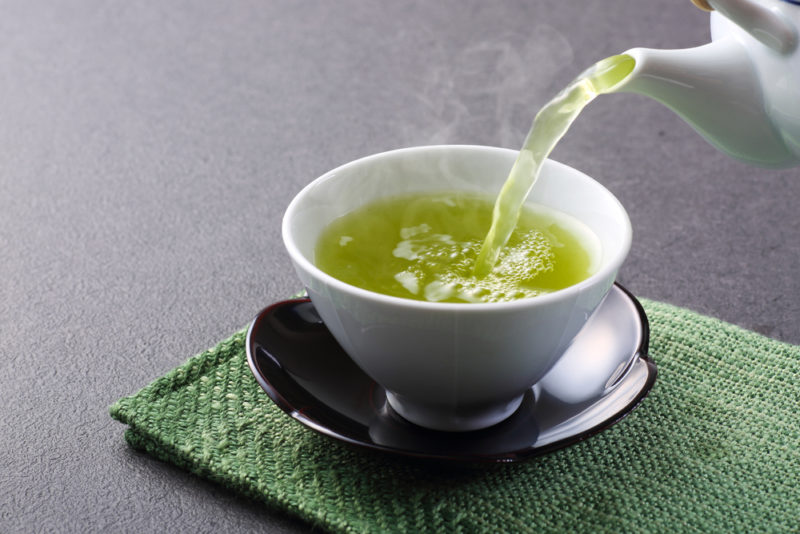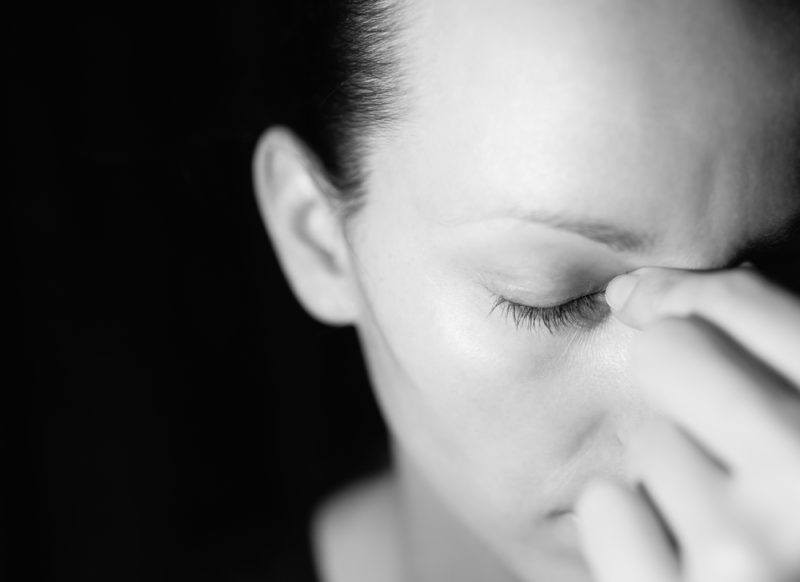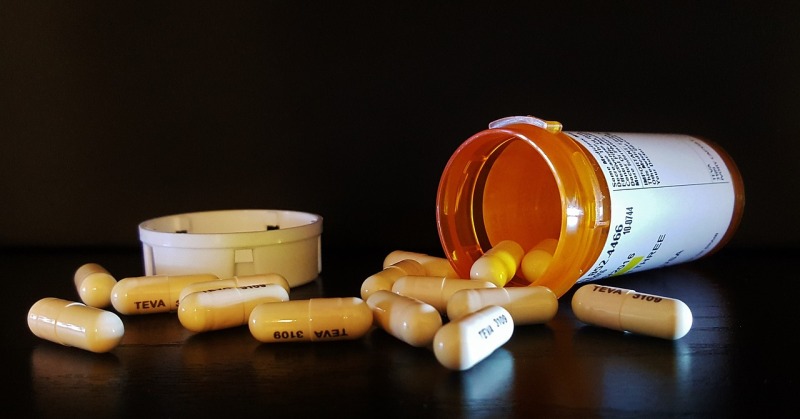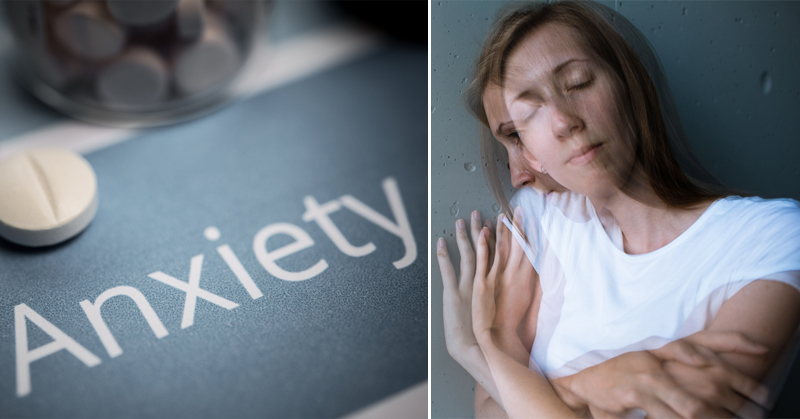L-theanine sounds a bit like an alphabet soup, doesn’t it? And in a way, it is. This amino acid is a nutrient our bodies need but don’t make. When we don’t have enough, anxiety may result.
Anxiety disorders are the most common mental illness in the United States. They affect around 40 million adults in the U.S. While they are treatable, only about 1/3 of those suffering receive treatment. (1)
Fortunately, if you struggle with anxiety and medication isn’t for you, there may be another option.
L-theanine – An Essential Amino Acid
L-theanine is a water soluble amino acid that can be found in tea leaves. When you drink tea, L-theanine passes through the blood-brain barrier, directly affecting the brain. It promotes relaxation by reducing the activation of the sympathetic nervous system in stressful situations. (2)

How Does It Work?
When you’re stressed out, your body goes into fight or flight mode. Your heart rate goes up, your blood pressure spikes, and your breathing grows shallow and more rapid. Your pupils dilate, and you begin to sweat. This is your body’s way of preparing to either fight the threat or flee the scene. People who struggle with chronic anxiety experience this set of symptoms on a regular basis. Chronic anxiety can lead to serious health problems, including cardiovascular disease.
While anxiety medication comes with a list of possible side effects, L-theanine is a more natural option. Studies have shown that people who take L-theanine before a stressful situation have a decreased sympathetic nervous system response to stress.

What Are The Other Benefits?
L-theanine has neuroprotective effects, meaning it has the ability to protect the brain from excess glutamate toxicity. It also has antioxidant properties, and studies suggest it may help to prevent cancer and stop the development of tumors. (3)
Compared to anxiety medication, the list of possible side effects of L-theanine is much smaller. In rare cases, drinking too much tea can lead to an upset stomach or nausea. Researchers at the University of Bristol studied how much L-theanine you’d find in a cup of commercial tea. They found that longer brewing times led to higher quantities of the amino acid. L-theanine supplements are sold as 200 mg doses, and about 8 cups of black tea per day is the equivalent. Researchers from the University of Newcastle calculated how to get the highest possible amount of L-theanine in your tea. The result? They suggest steeping the tea at 80 degrees Celsius for 30 minutes.
L-theanine Verses Xanax

Xanax is commonly prescribed for people who struggle with chronic anxiety. Researchers in Australia compared 200 mg of L-theanine to 1 mg of Xanax. In the study, participants were either given L-theanine, Xanax, or a placebo during a resting task or a task that provoked anxiety. The study showed that L-theanine worked better than Xanax to reduce relaxation during the resting task. Another study found that L-theanine lowered blood pressure increases in stressful situations. (4, 5)
If you struggle with anxiety, you may want to consider L-theanine as a natural treatment. Check out the video below for more information!
Looking for more? Discover these common triggers that may be related to your anxiety.
Sources:
Wise Mind Healthy Body
Choose Help
Anxiety and Depression Association of America


